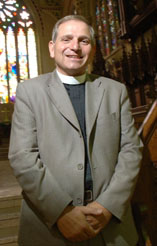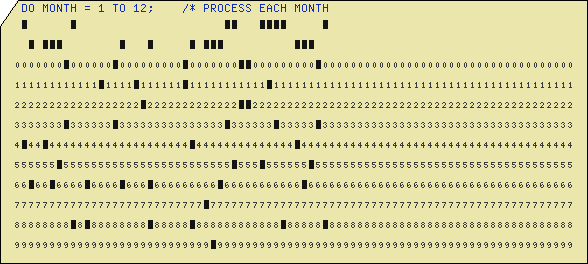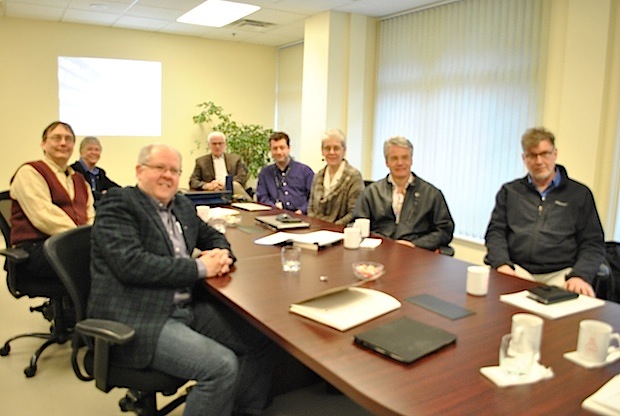Read it all here:
When Archbishop of Canterbury Justin Welby met with the primate, Archbishop Fred Hiltz, he was “very interested” in the work of the Anglican Church of Canada’s commission on the marriage canon because of the reality that the Church of England will have to wrestle with the issue of same-sex marriage following its legislation in the U.K.
“Notwithstanding the declared position of the Church of England at this moment, he [Welby] is very conscious, of course, that there’s going to be a fair amount of pressure from within the Church of England to at least have some discussion around that [same-sex marriage],” said Hiltz in an interview with the Anglican Journal. “He hoped that we would stay in touch over the work of the commission, [because] inside the Church of England, they will need to have the same conversation.”
Here we have a rare example of a clear statement by an Archbishop of Canterbury. The Church of England will be following in the Anglican Church of Canada’s footsteps: conversations about same-sex blessings; decline in attendance; dioceses performing same-sex blessings; further decline in attendance; conversations about same-sex marriage; full steam ahead to extinction:
During their two-hour meeting April 8, Hiltz said Welby was interested in how the church has dealt with the conflict over human sexuality, in particular, how the 2010 General Synod in Halifax dealt with the issue in a non-parliamentary manner and how there has been “continuing conversation” about the matter. Hiltz quoted Welby as having said, “You’re actually on the frontline of where we’re going to be eventually. You’ve been on a journey; it hasn’t been an easy [one]— it has been conflicted at times, but you stuck with it.”
The Anglican Church of Canada has indeed been on the frontline of dealing with “the conflict over human sexuality”: it sues those who refuse to go along with it. I suppose this is “interesting”; the fact that Welby believes that that is where the CofE is “going to be eventually” should make orthodox CofE clergy very nervous.
Hiltz said he informed Welby about the Canadian church’s long history of “bending over backwards to hold people in dialogue, to create provisions for everybody to stay in the fold…”
Considering the number of defections from the ACoC to ANiC, these provisions have been spectacularly ineffective.
Overall, Hiltz described Welby’s visit as “good,” saying that he thought it provided the Archbishop of Canterbury “a sense of the commitment of the Canadian church to the Communion.”
Not sufficiently committed to pay any attention whatsoever to Provinces that are opposed to same-sex blessings.
Hiltz said that the dinner he hosted for Welby was an opportunity for him to meet “a host of people from Canada who are so deeply committed to the various works of the Anglican Communion…to get a sense [that they] have a broad, global view of the church.”
To invite ANiC church leaders would have been a diversity too far, of course.
“One of the blessings of the visit is that he has heard things about all of us and says we’re very diverse, even within our church…,” said Hiltz. “He was leaving us knowing of our deep commitment to preserving the unity of the church as best we can, being prophetic as best we can, being committed to the life and witness of the Communion.”
To put it more plainly: the Anglican Church of Canada continues on a course of theological liberalism; it has no inclination to change direction but is willing to offer the concession of a dense smoke screen designed to lure the unwary into believing that it cares about what those who disagree think.
Like this:
Like Loading...


 The legal squabble between Niagara Bishop Michael Bird and an Oakville blogger who criticized him is over.
The legal squabble between Niagara Bishop Michael Bird and an Oakville blogger who criticized him is over.
 The 2311disk drives we used held 7.25 megabytes; they were big boxes that shook when in use and, when broken, would occasionally leak hydraulic oil onto the floor. I miss those days.
The 2311disk drives we used held 7.25 megabytes; they were big boxes that shook when in use and, when broken, would occasionally leak hydraulic oil onto the floor. I miss those days.

 In a few weeks, the Anglican Church of Canada’s commission on the marriage canon will invite Anglicans in Canada and across the Communion, as well church ecumenical partners, to offer their views about changing the marriage canon (church law) to allow same-sex marriage.
In a few weeks, the Anglican Church of Canada’s commission on the marriage canon will invite Anglicans in Canada and across the Communion, as well church ecumenical partners, to offer their views about changing the marriage canon (church law) to allow same-sex marriage.